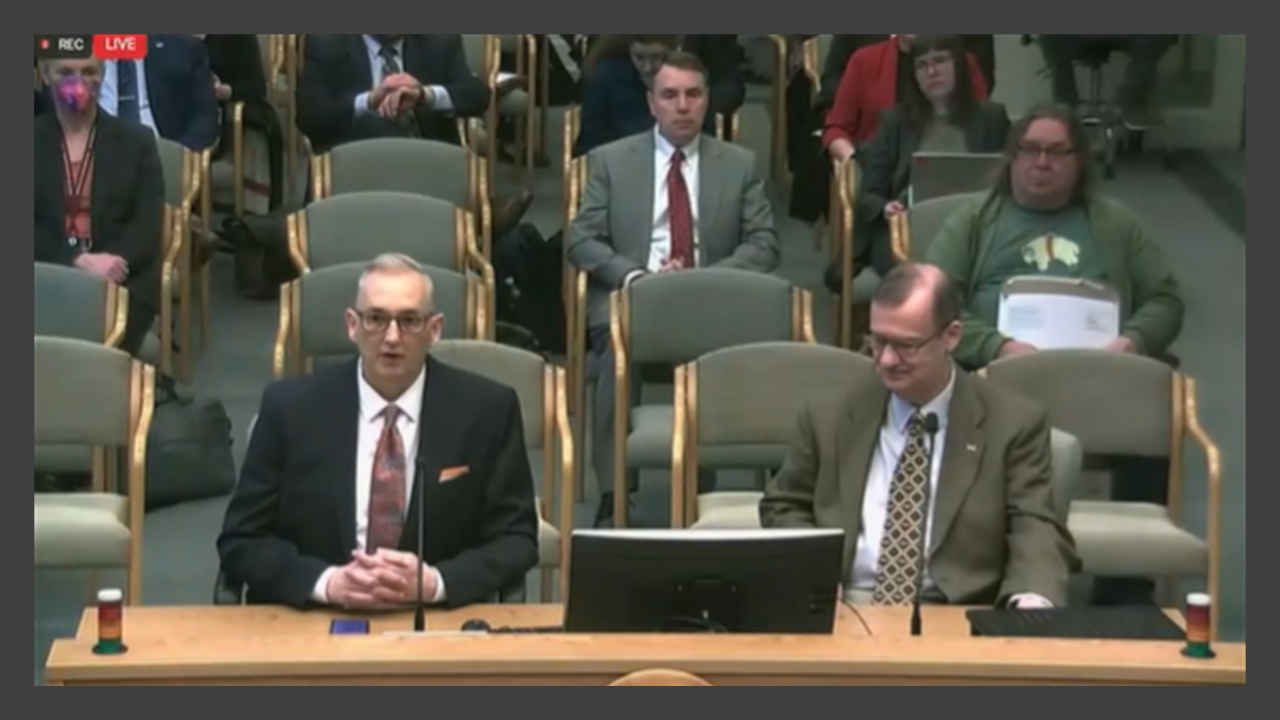Stopping bill awarding UI benefits to striking workers who have jobs highlights biggest small-business victory of the year
The second half of the Washington State Legislature’s 2023-2024 session convened January 9 and adjourned on March 7 with some important victories for small business.
- Defeated unemployment benefits for striking workers – NFIB played an important role in killing companion bills HB 1893 and SB 5777. The bills would have tipped the scales in labor negotiations heavily in favor of unions by reducing or relieving their obligation to establish a strike fund to provide for their members while striking. It would punish the business being struck by adding these unemployment insurance (UI) benefits to the employer’s experience-rated charges, and would likely lead to across-the-board UI tax increases on all businesses if the employer hits the tax cap or goes out of business due to the strike.
- Killed PTSD benefits for coroners – NFIB was the principal, if not only, opponent of HB 2031, a bill that sought to allow workers’ compensation benefits for county coroners, medical examiners, and their staff members claiming post-traumatic stress disorder (PTSD) from on-the-job experiences. PTSD claims are generally prohibited under our state-run workers’ comp system. There’s no doubt these individuals are exposed to death scenes, but that’s the job. And it’s one that 33 of our state’s county coroners asked the voters to give them. In the remaining six counties, highly trained medical professionals actively sought those positions. It should come as no surprise then, to any of them, that the job necessitates witnessing potentially traumatic settings. Moreover, the bill would have deemed these claims presumptive occupational diseases, all but guaranteeing any claimant would receive a financial award, perhaps including a lifetime pension. The Department of Labor & Industries own data shows PTSD claims cost an average of $650,000 each. The bill would have applied to both current employees and retirees. The bill passed the House, but died in the Senate Labor & Commerce Committee.
- Antitrust penalties – HB 2072, Attorney General request legislation, will replace the outdated $900,000 penalty cap on antitrust legal judgements with a triple-actual-damages penalty, which better aligns with the harm caused by anticompetitive tactics suffered by small businesses and other consumers.
- Prevailing wage sanctions – Also an Attorney General request bill, HB 2136 will prohibit participation in public works projects by businesses utilizing fraudulent successorship schemes. Basically, this occurs when a contractor cited for misconduct transfers the business assets, on paper, to an accomplice and continues doing business under a different name. This has long been a significant underground economy concern for NFIB and construction trade groups. HB 2136 may serve as a model for cracking down on criminal action in both public and private construction projects in the future.
- Business licensing reserve account – NFIB supported SB 5897, Department of Revenue request legislation, to replace the current $1 million statutory cap on the Business Licensing Service (BLS) reserve account with a three-month operating expense threshold. This adjustment will keep pace with inflation and other factors that drive cost increases for programming and maintenance of the state’s online BLS portal.
- Business licensing penalty waiver – This was not fully a success due to its late introduction, but NFIB made progress on legislation it plans to reintroduce next session to assist businesses harmed by government orders. Specifically, HB 2430 would allow the Department of Revenue to waive penalties and charge a lower application fee for a late renewal of a business license resulting from a government closure order issued due to a natural disaster or declared emergency. The bill won unanimous approval in the House Consumer Protection & Business Committee, passed the House Rules Committee, but failed to receive a floor vote before the House of Origin cutoff lapsed.

